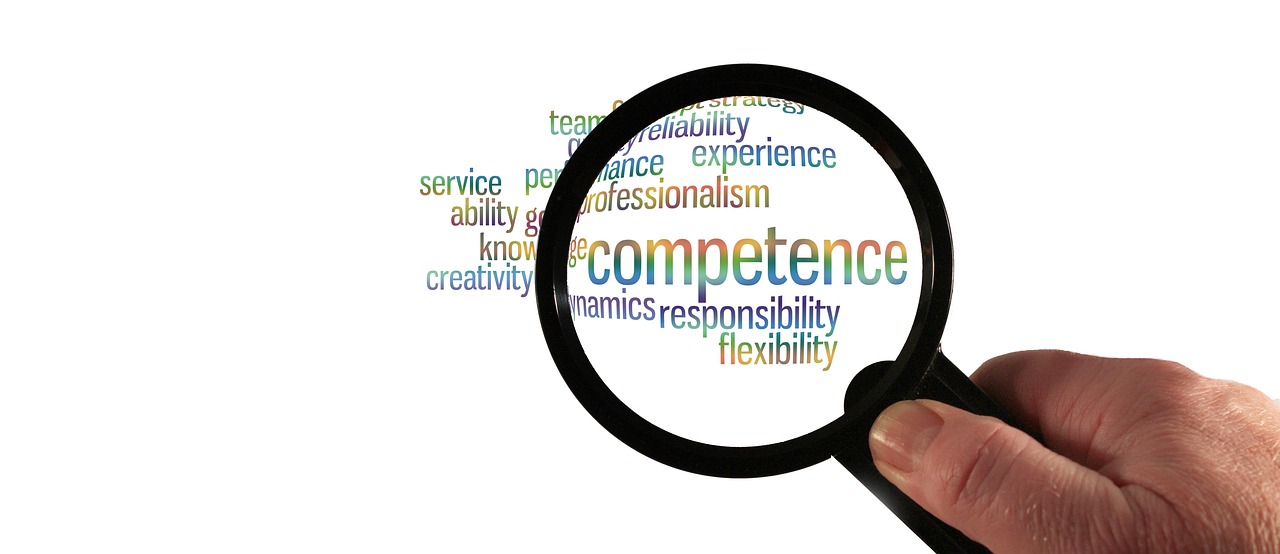Mastering the Art of Reflection:How to Translate Summarizing Experiences into English
Introduction
In the ever-evolving world of communication, the ability to effectively translate thoughts and experiences across languages is a valuable skill. Whether you're an international business professional, a student studying abroad, or simply someone who enjoys connecting with people from different cultures, knowing how to translate key phrases is essential. One such phrase that often comes up is "总结经验" or "summarizing experiences." This article will delve into the nuances of this phrase, explore its importance, and provide guidance on how to translate it into English in various contexts.
The Importance of Summarizing Experiences
Before we dive into the translation, it's crucial to understand why summarizing experiences is so important. In both personal and professional settings, reflecting on past events and extracting lessons learned is a fundamental part of growth and development. It allows individuals to:
1、Learn from past mistakes and successes.
2、Develop a deeper understanding of their actions and their consequences.
3、Improve decision-making skills by considering historical outcomes.
4、Foster a sense of self-awareness and personal growth.
5、Communicate effectively with others, sharing insights and wisdom gained.
Translation of "总结经验" into English

Now, let's look at the translation of "总结经验" into English. The phrase can be translated as "summarizing experiences" or "summarizing lessons learned." Both translations capture the essence of the original phrase, which is about encapsulating the knowledge gained from past events. However, the context in which the phrase is used can influence which translation is more appropriate.
1、In a Business Context
In a business setting, "summarizing experiences" might be more fitting, as it encompasses the broader range of experiences, both positive and negative, that contribute to the overall growth of the company. For example, a project manager might say, "At the end of each quarter, we hold a meeting to summarize experiences and discuss what we can improve for the next quarter."
2、In an Educational Context
In an educational context, "summarizing lessons learned" might be more appropriate, as it emphasizes the educational aspect of the experience. For instance, a teacher might say, "After each unit, we will have a class discussion to summarize lessons learned and apply them to future assignments."
3、In Personal Development
For personal development, both translations can be used interchangeably, depending on the individual's preference. However, "summarizing experiences" might be more commonly used, as it is less formal and more relatable. For example, a person reflecting on their year might say, "I've learned a lot this year, and I'm going to take some time to summarize experiences and set goals for the next year."
Strategies for Effectively Summarizing Experiences
Now that we understand the translation and its importance, let's explore some strategies for effectively summarizing experiences in English:
1、Identify Key Moments
To summarize experiences, it's essential to identify the key moments that had the most significant impact. These moments can be positive or negative but should be the ones that led to significant learning or change.
2、Reflect on Emotions and Reactions
Understanding the emotions and reactions that accompanied these key moments can provide valuable insights into personal growth. Reflecting on how you felt and why can help you better understand your motivations and reactions in similar situations in the future.
3、Extract Lessons Learned
Once you've identified the key moments and reflected on your emotions, extract the lessons learned. What did you learn from each experience? What would you do differently next time? What new strategies or approaches did you discover?
4、Apply Lessons to Future Situations
The ultimate goal of summarizing experiences is to apply the lessons learned to future situations. Consider how you can use these insights to improve your decision-making, communication, and overall effectiveness.
5、Communicate Your Insights
Sharing your insights with others can help reinforce your learning and provide value to those around you. Whether it's in a team meeting, a personal journal, or a conversation with a friend, communicating your experiences can lead to deeper understanding and growth.
Conclusion
In conclusion, the ability to translate "总结经验" or "summarizing experiences" into English is not just about language proficiency; it's about understanding the importance of reflection and learning from our past. By applying the strategies outlined in this article, you can effectively summarize your experiences, extract valuable lessons, and apply them to your future endeavors. This skill is not only useful in cross-cultural communication but also in personal and professional development, making it a valuable asset in today's interconnected world.





